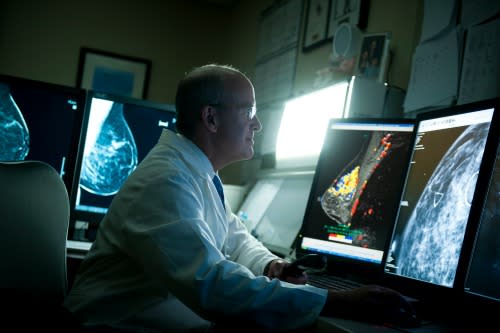I Have Breast Cancer: What Do I Tell People?
Published: March 23, 2017l
By Helen Pass, MD, Director of Breast Surgery and Co-Director, Breast Center
You’ve received a breast cancer diagnosis and at this point, your physician has connected with you about immediate next steps for treatment. After you absorb the initial emotional shock to the best of your ability, your next question may be, “How do I talk about this with the people in my life?” Or, “How do I tell them I’m sick of talking about this?”
Aside from taking this new journey one day at a time, here are a few tips that can help you help others understand what you’re going through no matter the stage of your diagnosis.
Loved One: Oh, my goodness. What are you going to do?
You: My oncologist and I are working on next steps. I’ll keep you posted on anything major.
Loved One: Cries and runs away.
You: Retreat to your happy place.
Loved One: You have to tell the family right away!
You: I understand your concern, but I just found out myself. I’m open to ideas once you’ve also had the time to absorb this.
Loved One: You really should do Treatment X. My friend said…….
You: I’ll mention it to my oncologist, thanks. (Even though you’re under no obligation to.)
Loved One: So are they removing one breast or both? Can they spare your nipple(s)?
You: I’m sure my surgeon will walk me through whatever treatment works best for me.
Loved One: What about your hair? Have you thought about wigs yet?
You: I know I have to accept hair loss as a possibility. I’ll cross that bridge when I come to it.
Loved One: What’s your prognosis?
You: I’d very much appreciate if we can shift the conversation to other things. I hope you understand that I’m taking everything one day at a time.
Love One: Why didn’t you…? (Followed anything else.)
You: I’m trying to focus on what to do moving forward. As you can imagine, I may have quite a journey ahead of me. I would appreciate your support in acknowledging that.
It’s your cancer, no one else’s. Remember this sentiment to feel empowered and teach yourself and others. In the end, what you tell people is your decision.
You’ve received a breast cancer diagnosis and at this point, your physician has connected with you about immediate next steps for treatment. After you absorb the initial emotional shock to the best of your ability, your next question may be, “How do I talk about this with the people in my life?” Or, “How do I tell them I’m sick of talking about this?”
Aside from taking this new journey one day at a time, here are a few tips that can help you help others understand what you’re going through no matter the stage of your diagnosis.
1. You decide your new normal.
You’re not a patient to be labeled; you’re a human being facing a set of circumstances. Many use this newfound diagnosis to explore settings and activities such as a cancer-free zone like a book club or happy place like your favorite coffee shop. In fact, no one should enter this zone but you. Use this time to reflect or even forget about your breast cancer.2. Expect reactions of all kinds.
A variety of emotions, questions and even armchair medical advice coming from others is normal. Here’s a little secret: all of it derives from a good place. But that doesn’t mean you can’t set boundaries. Here are some possible scenarios and suggested responses:Loved One: Oh, my goodness. What are you going to do?
You: My oncologist and I are working on next steps. I’ll keep you posted on anything major.
Loved One: Cries and runs away.
You: Retreat to your happy place.
Loved One: You have to tell the family right away!
You: I understand your concern, but I just found out myself. I’m open to ideas once you’ve also had the time to absorb this.
Loved One: You really should do Treatment X. My friend said…….
You: I’ll mention it to my oncologist, thanks. (Even though you’re under no obligation to.)
3. Expect cross-examination. Probably a lot.
The same goes for questions, questions and more…. questions. We get it—it’s tempting to snap and say, “Enough is enough!” But tact is part of the process.Loved One: So are they removing one breast or both? Can they spare your nipple(s)?
You: I’m sure my surgeon will walk me through whatever treatment works best for me.
Loved One: What about your hair? Have you thought about wigs yet?
You: I know I have to accept hair loss as a possibility. I’ll cross that bridge when I come to it.
Loved One: What’s your prognosis?
You: I’d very much appreciate if we can shift the conversation to other things. I hope you understand that I’m taking everything one day at a time.
Love One: Why didn’t you…? (Followed anything else.)
You: I’m trying to focus on what to do moving forward. As you can imagine, I may have quite a journey ahead of me. I would appreciate your support in acknowledging that.
It’s your cancer, no one else’s. Remember this sentiment to feel empowered and teach yourself and others. In the end, what you tell people is your decision.
We're Here to Help
Learn about Stamford Health's Breast Center support services.
If you have questions, call 203.276.PINK (7465).






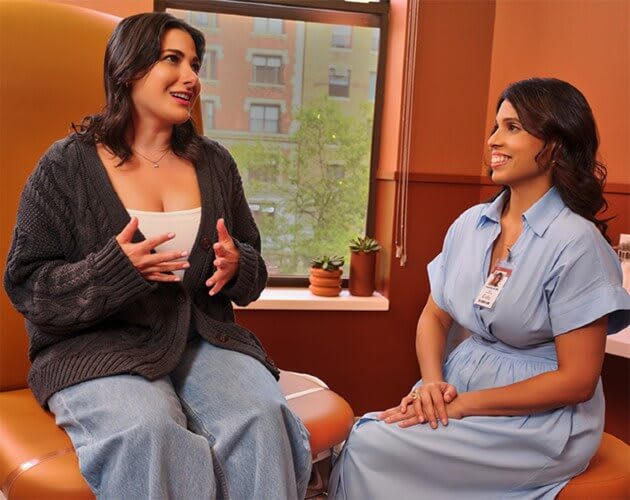















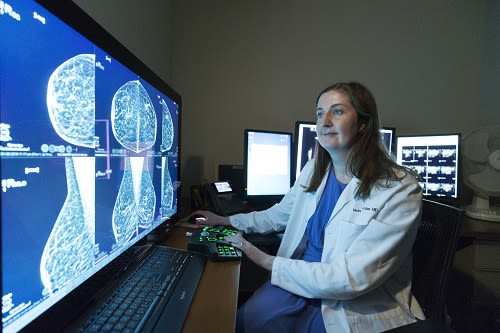
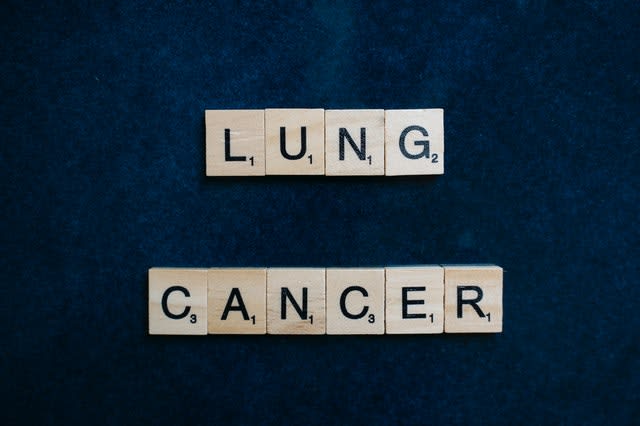

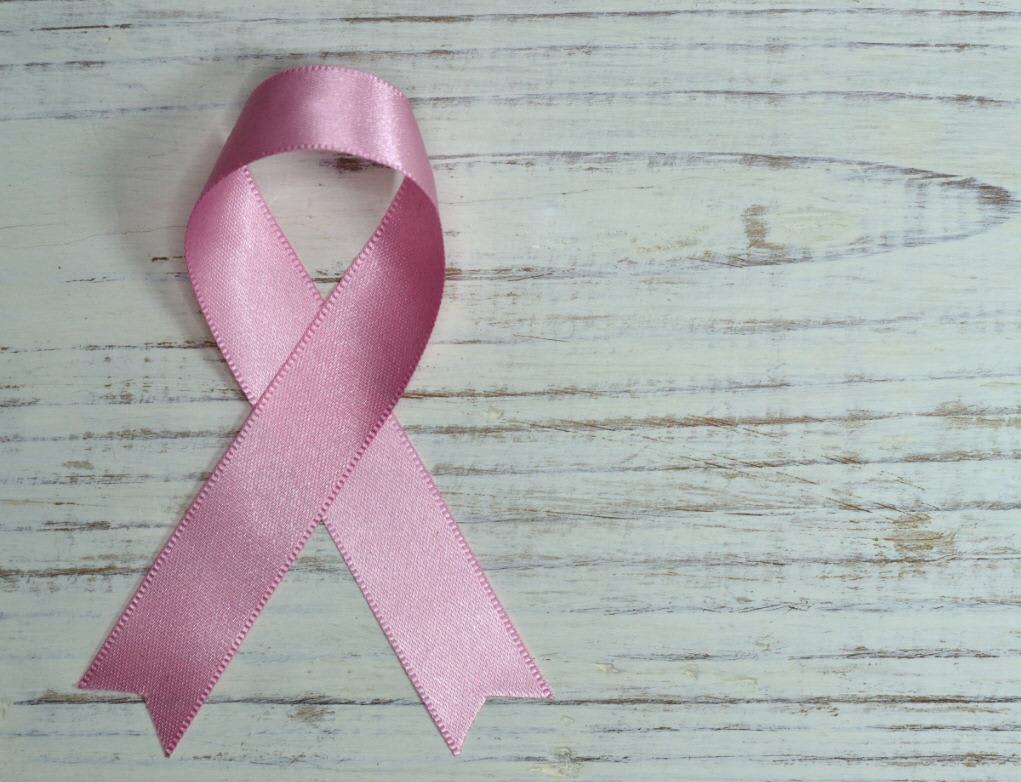
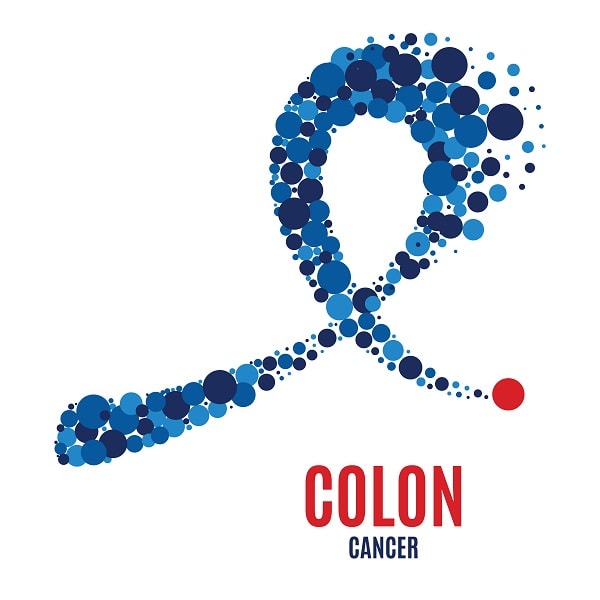
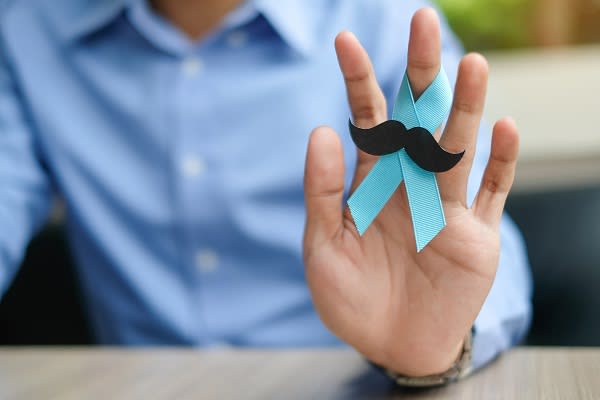
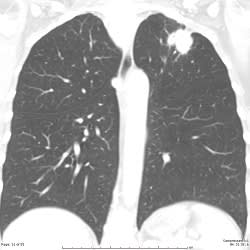





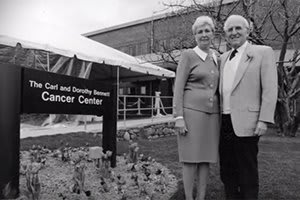




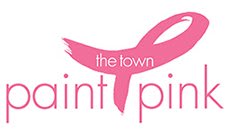

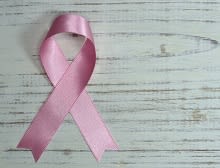
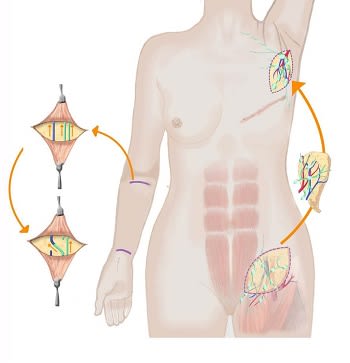





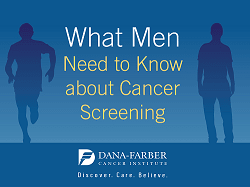
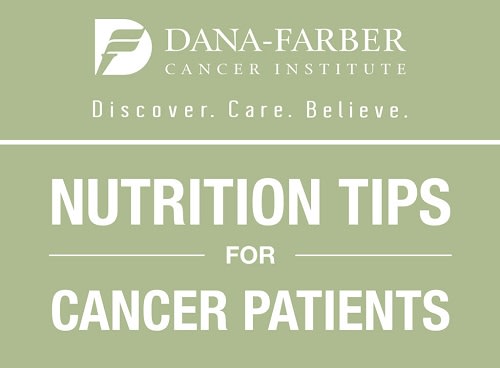





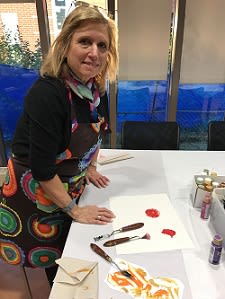













)


)

)
)
